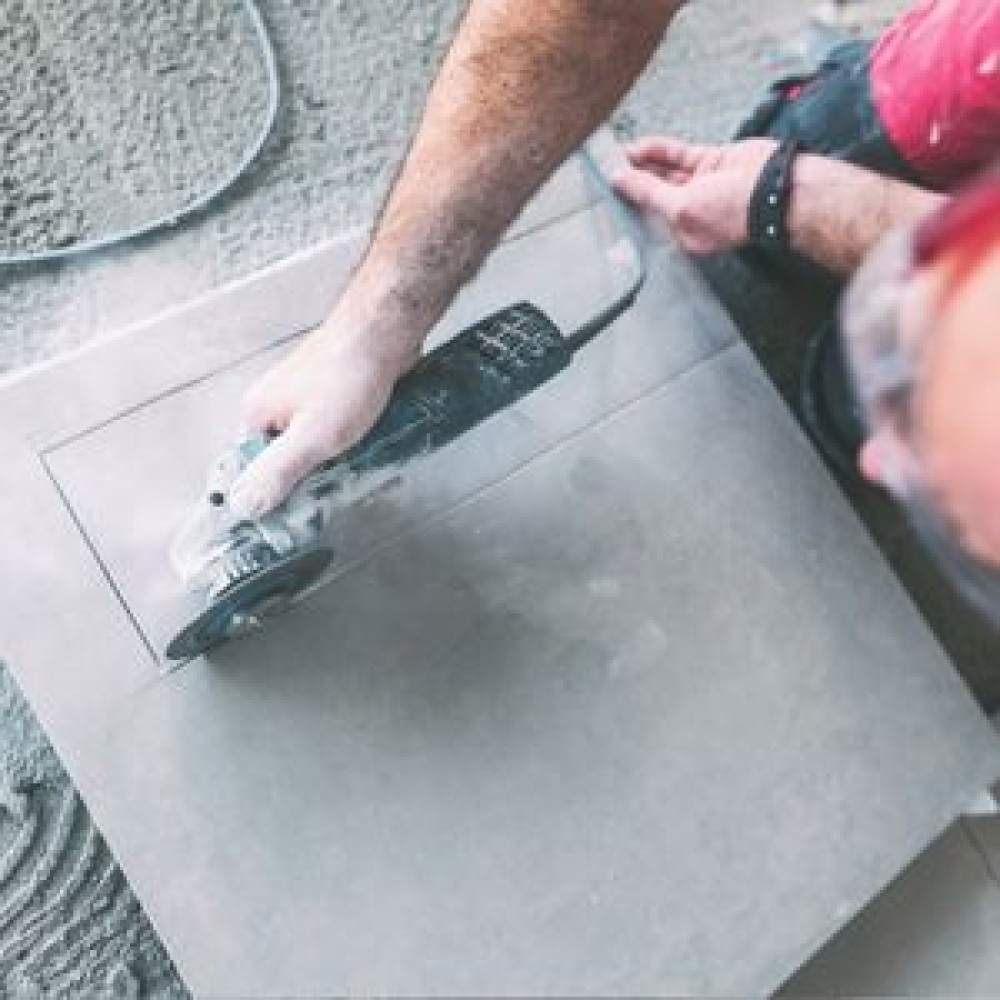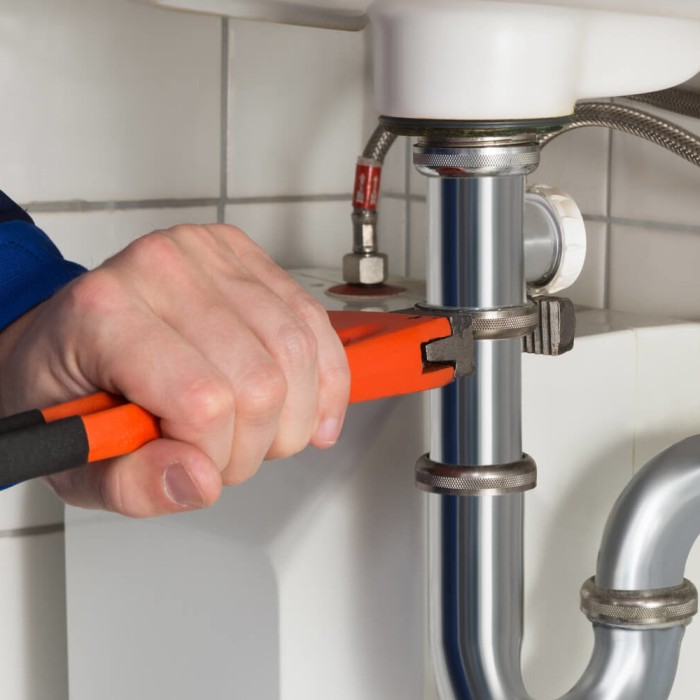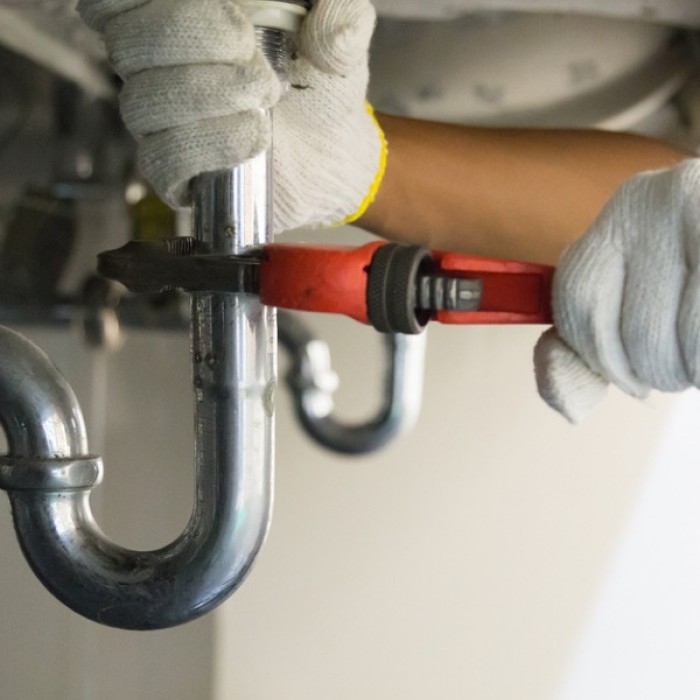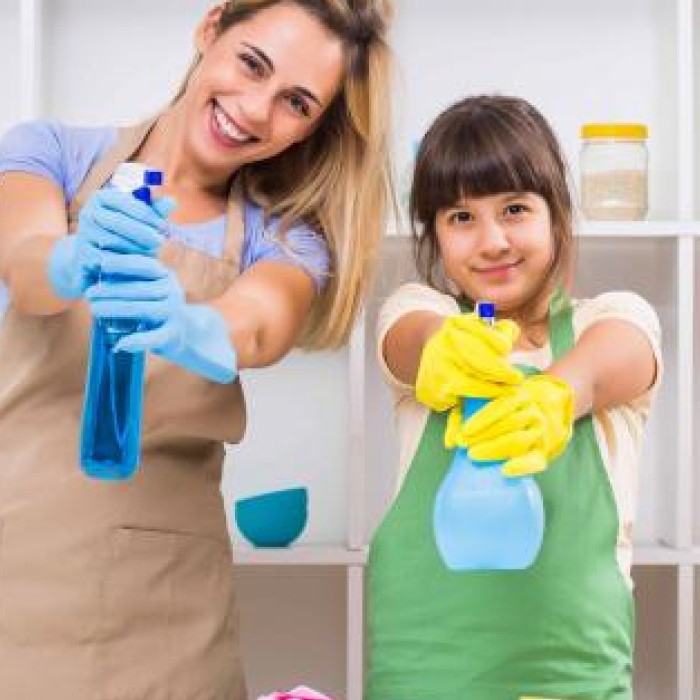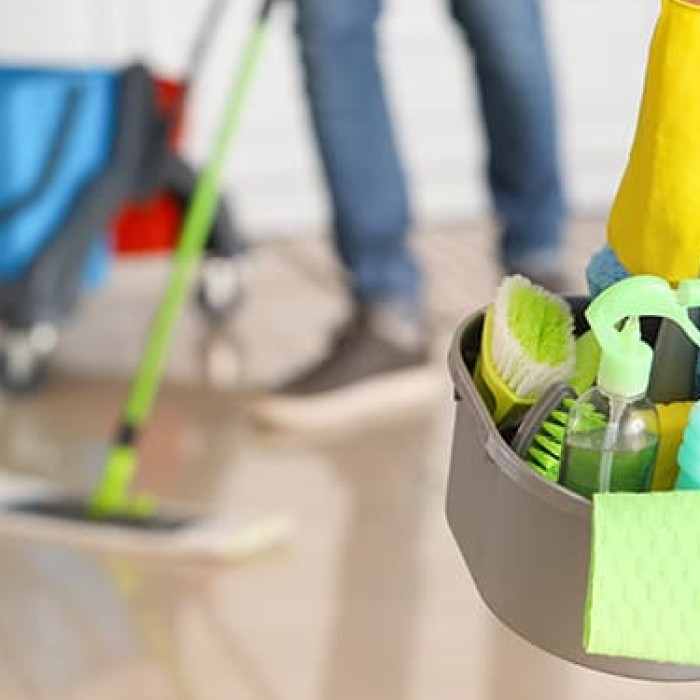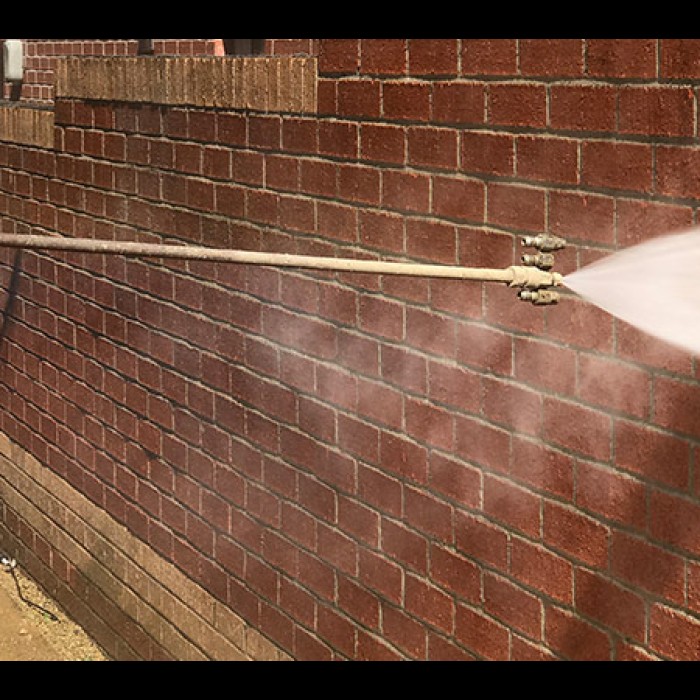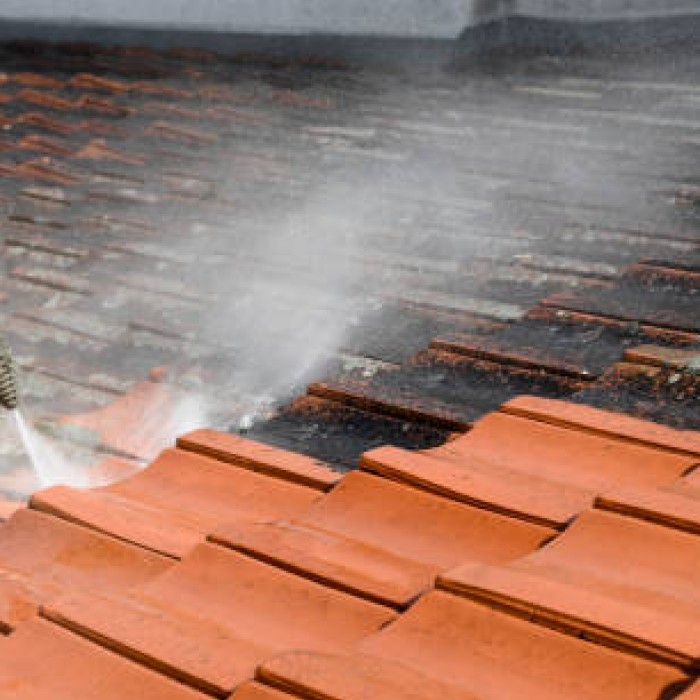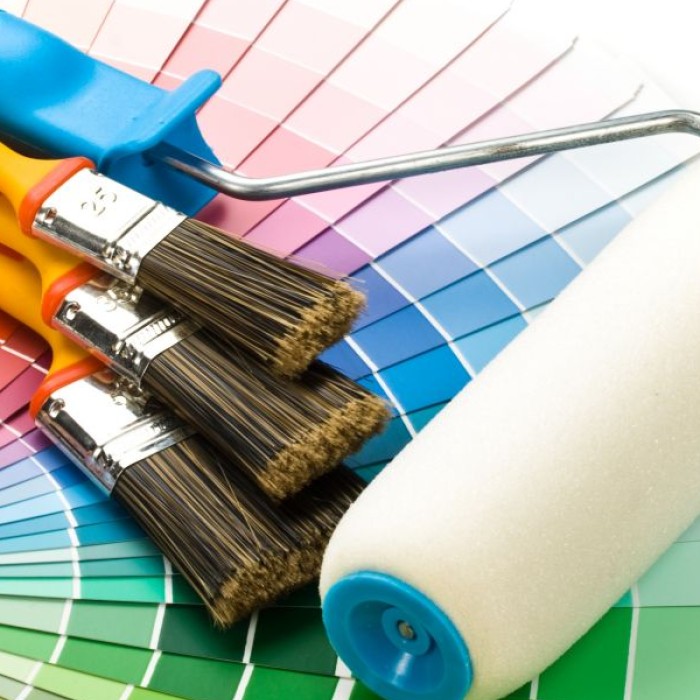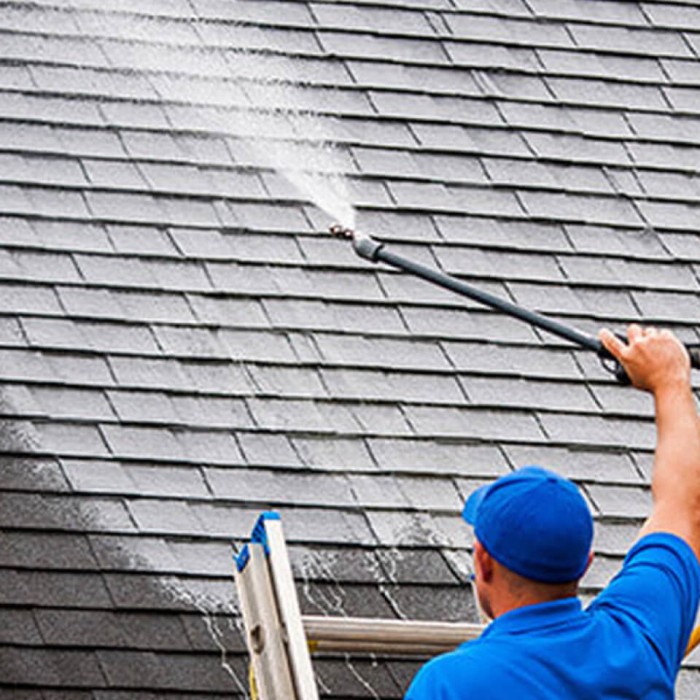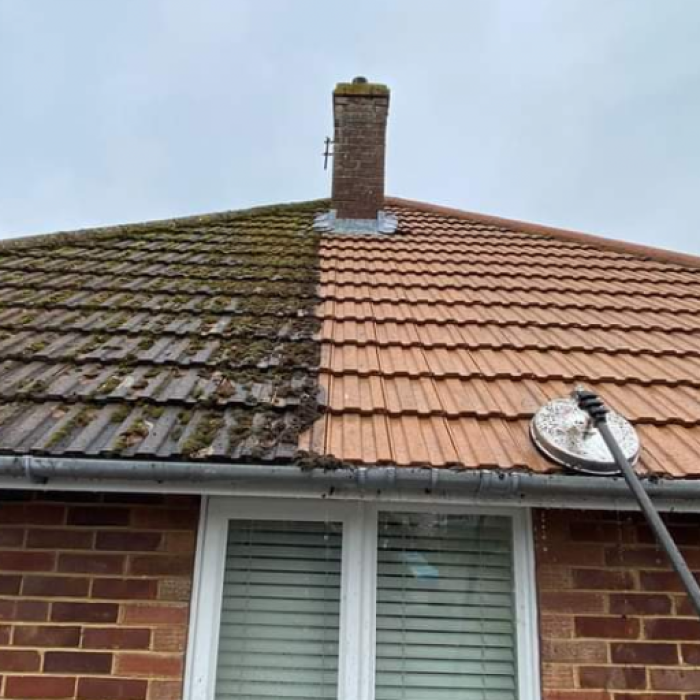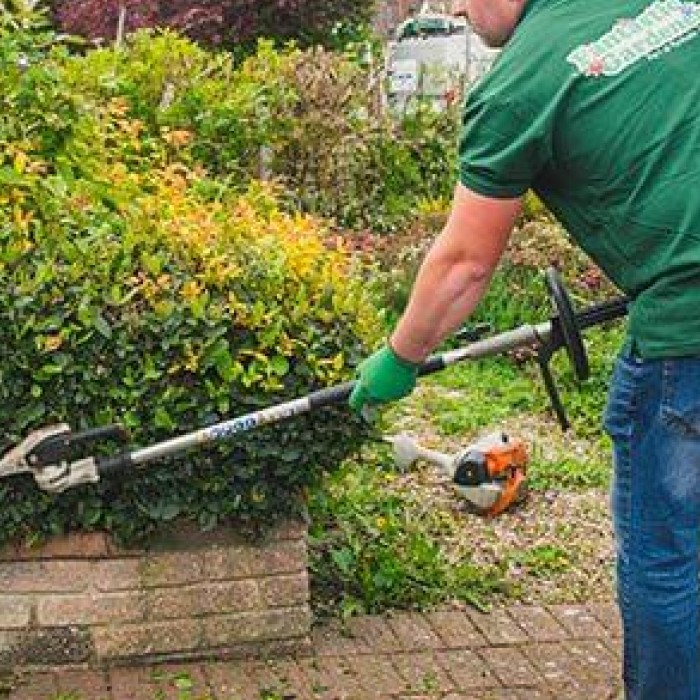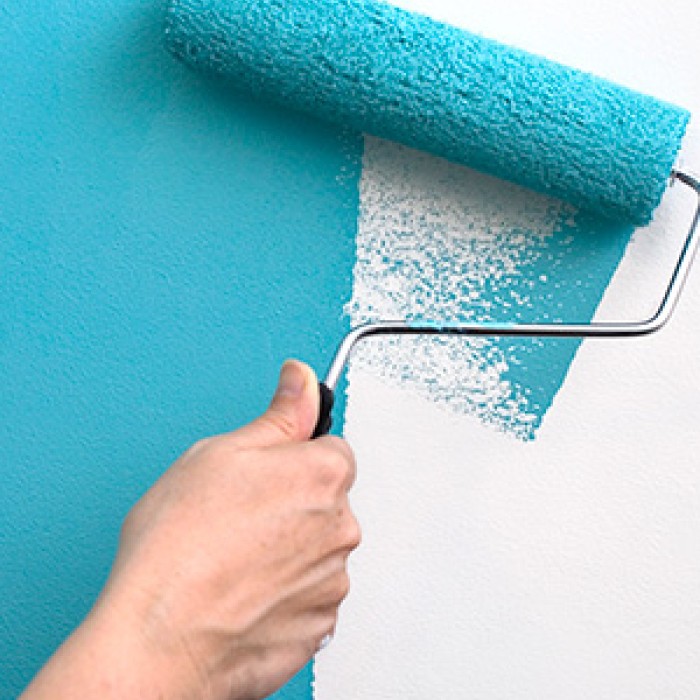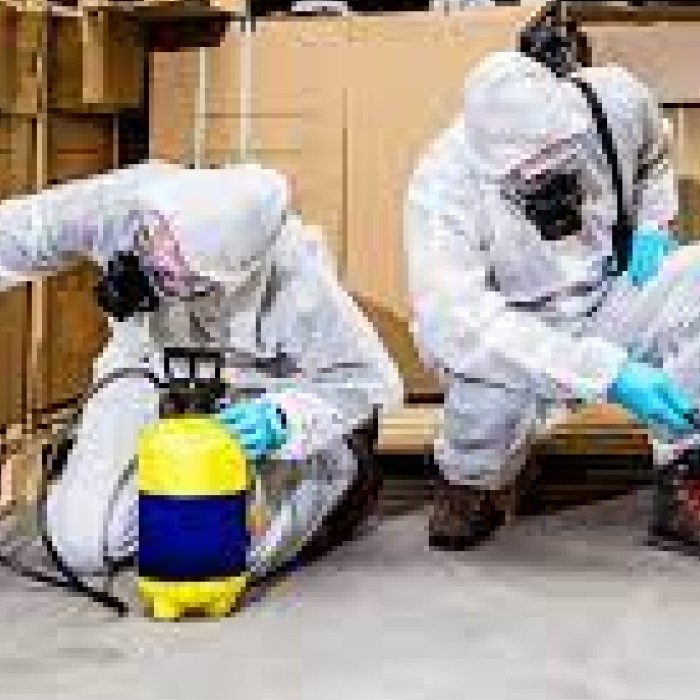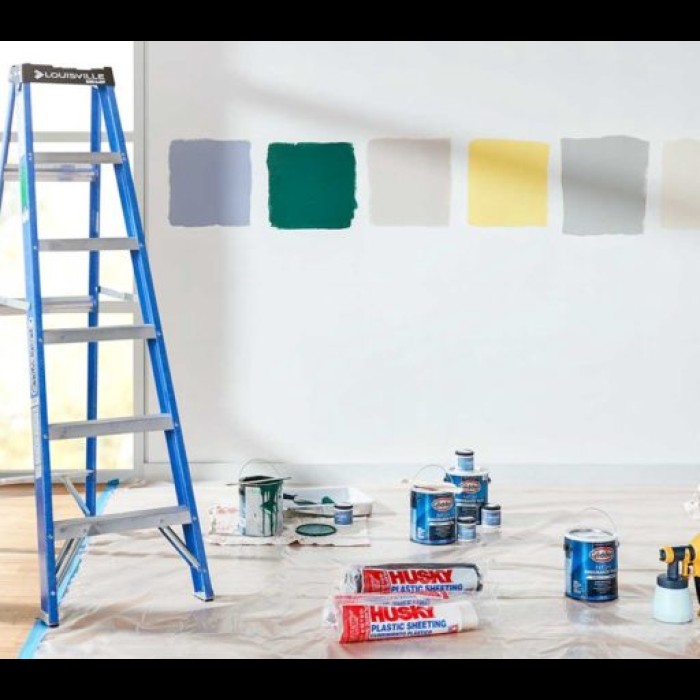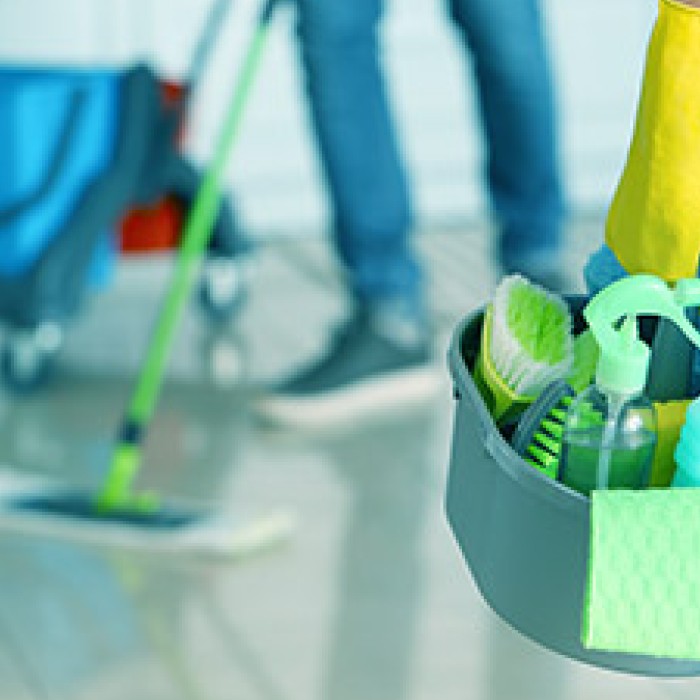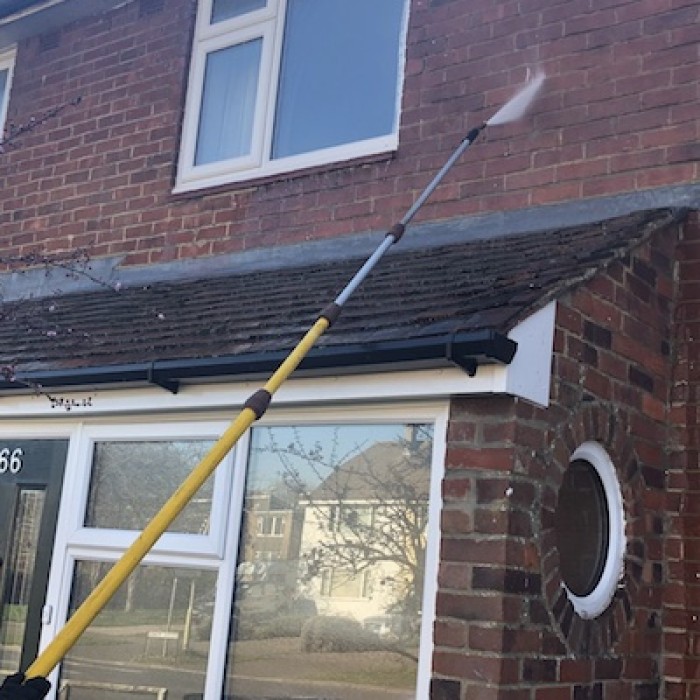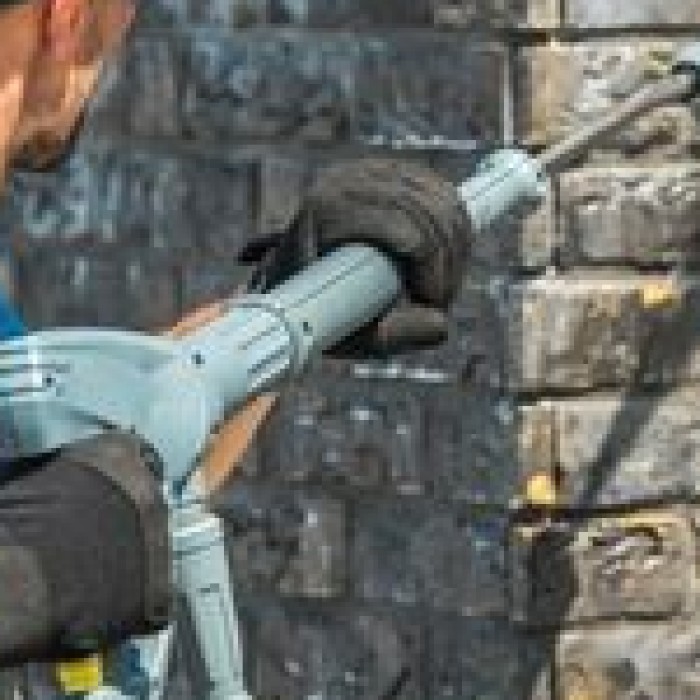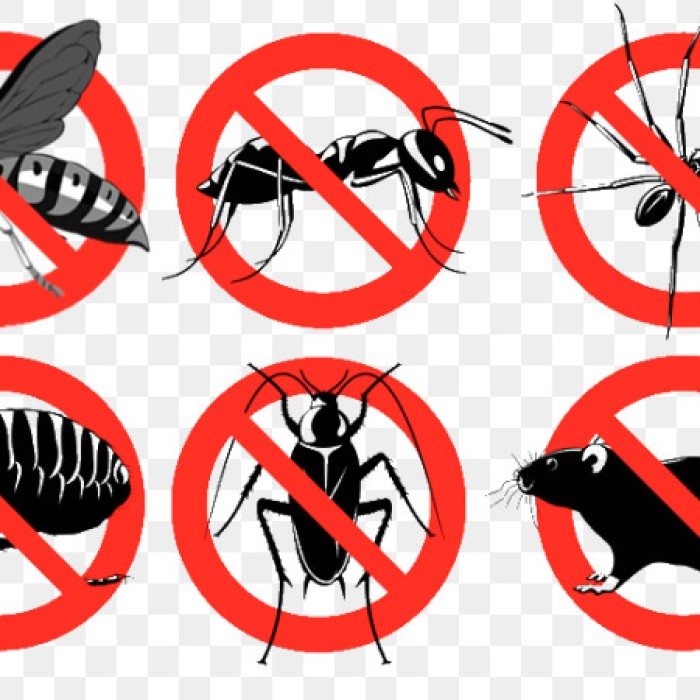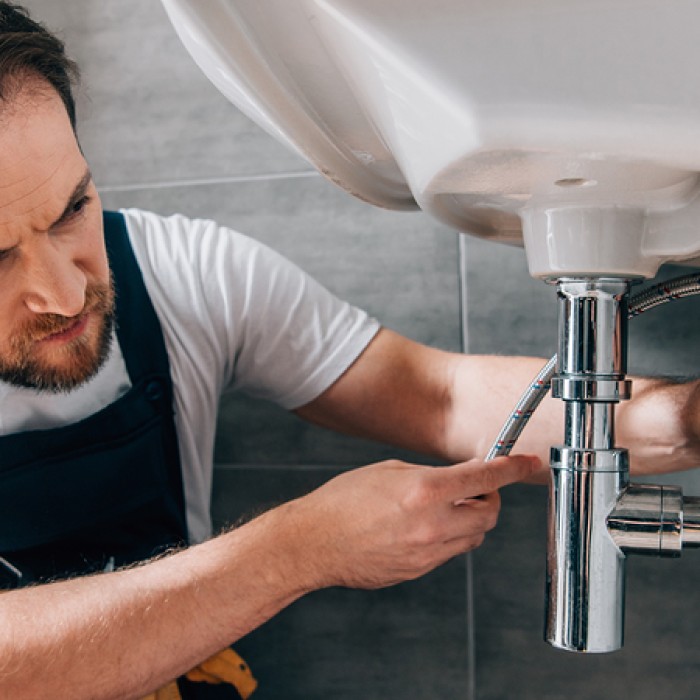Different cleaning agents
Different cleaning agents and where should they be used in a home
Many homeowners often don’t realize which cleaning agents are suited for different areas and work best in differing cleaning methods and usually use the same agent for most areas or sometimes - the wrong agents in the wrong areas, which obviously leads to bad outcomes. This is why, in this article we will explore many different types of cleaning agents from disinfectants to abrasives. We will also tell you where they should be used in a home and their specific properties. Understanding which product to use for a particular task is essential for achieving the best results.
Whether you are a homeowner looking to do some cleaning or a professional looking to expand your knowledge, this article will provide valuable information to help you achieve your cleaning goals. We have also discussed how professionals can help homeowners choose the most appropriate cleaning agents and the associated dangers with each type of cleaning agent, just to help homeowners be safe. It is important to note that there may be other kinds of cleaning agents that are not discussed in this article because of their low popularity or use cases.
The different types of cleaning agents used in a home
Following are the different types of cleaning agents commonly used indoors. Note that this is a list of types of cleaning agents, not a list of brands or products that may use these agents. This is why this list covers a large area of uses, which are also listed in each type.
Disenfectants/sanitizers
Disinfectants or sanitizers are cleaning agents that are approved by the medical bodies to kill various kinds of pathogens, and they usually don’t act on non-biological agents, and are fast-acting instead of requiring some special cleaning method. Simply wiping with a disinfectant on a surface must be enough to do its intended job, but it is always important care is taken to ensure it is spread across evenly on a surface. Disinfectants and sanitizers come in many forms from non-lethal(such as those intended to be used on the skin) to those that are dangerous to work with; enough care should thus be exercised when working with them.
Abrasives
Abrasives are made of hard materials that use friction to remove and clean material that may stubbornly cling onto a surface. Things like sandpaper, bleach and baking soda are all examples of abrasives. While something like sandpaper is a physical abrasive, bleach, borax and similar materials come under what is known as chemical or mineral abrasives, and are used in tandem with cleaning techniques and tools over a surface to clean it. Abrasives are usually easy to work with, but caution must still be exercised as all abrasives tend to be very hard and can damage tools and the human body if one isn’t careful.
Detergents
Detergents are chemicals that break up grease and grime, and are available in both higher strength and the usual ones that are found in almost every home i.e, the ones that are used in dishwashing. Soap is also a kind of detergent under this definition. The most important part of the detergent is something where a part of which attracts grease to it - called a surfactant, it also attracts water to it which is often used in tandem with the detergent thus breaking up oil and grime.
Spirit solvents
Spirit solutions are chemicals that have the ability to dissolve oil and grime, unlike detergents, that just break up oil. They tend to be more heavy duty and are used for quick cleaning. They are most often found in waxes that are used for surface preparation be it the floor or the furniture. They tend to also be flammable, and therefore must be kept away from any kind of heat source. They may be used in tandem with detergents for a good cleaning session. While using spirit solvents, it is essential to check the reactivity of the surface that is about to be cleaned.
Alkaloids
Alkaline salts mixed with some other solvents are what most alkaloid solutions contain. They have water-softening properties and in addition to that, they neutralize any acidic irritants that a surface may face. They are extremely reactive to people who are using them and it is necessary to use safety equipment like eye protection and gloves, especially when dealing with the stronger alkaloids. Some common examples of alkaloids include lye also called sodium hydroxide/caustic soda, baking soda and others.
Acids
Acids are commonly used in cleaning products and have a wide range of applications due to their unique properties. They are usually found in the form of liquids or gels and are used for a variety of cleaning purposes. Acids work by reacting with substances on a surface, breaking them down and making them easier to remove. They are often used to remove stubborn stains or to clean surfaces that are difficult to clean with other cleaning agents.
How professionals help
Professionals can choose the right type of cleaning agents for various parts of the home and various things inside and outside the home, no matter what kind of objects they are. Not only that, they will also usually possess years of experience in cleaning and will have the tools - both equipment and techniques to help a homeowner to rejuvenate anything in their home. There will also be instances where professionals can advise on how to keep a specific object or space in a home, which often comes handy when long term consequences are concerned.
Conclusion
In conclusion, choosing the right cleaning agent for your home can be a daunting task, especially with the multitude of options available in the market. Using the wrong product can result in damage to your surfaces, health hazards, or ineffective cleaning. That's why it is crucial to understand which cleaning agent is best suited for each area of your home. Whether you need to remove grease from the kitchen or disinfect the bathroom, there is a specific product that will deliver the best results. Professional cleaning services like Worldwideservices have extensive knowledge of the different cleaning agents available and can help you choose the most appropriate ones for your home. So, don't take any risks with your cleaning; let the experts do it for you.

